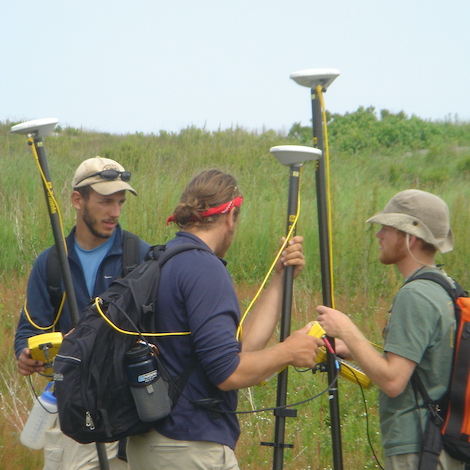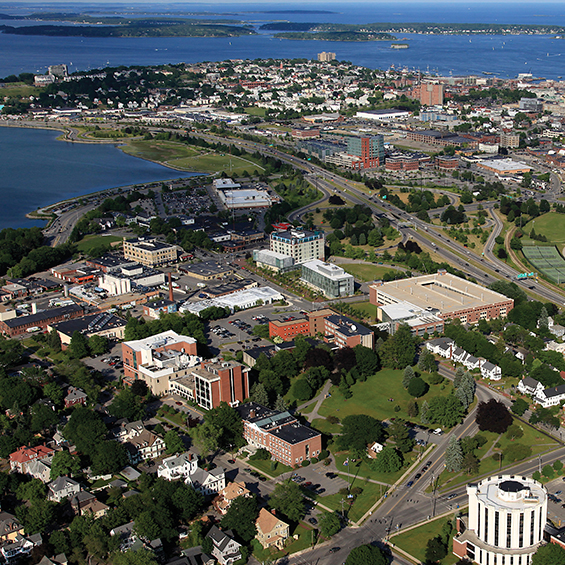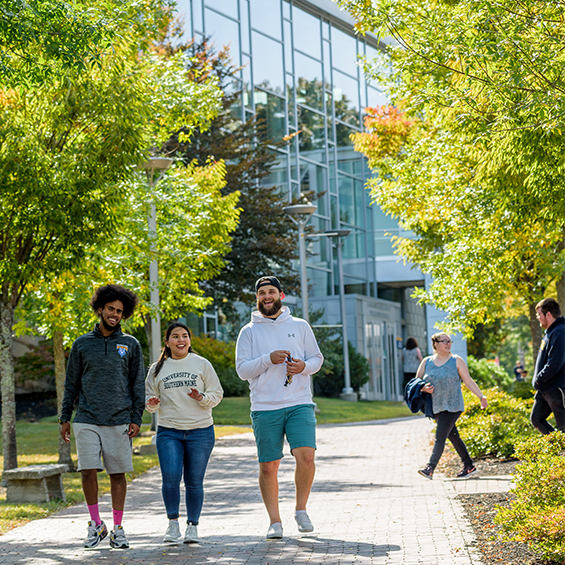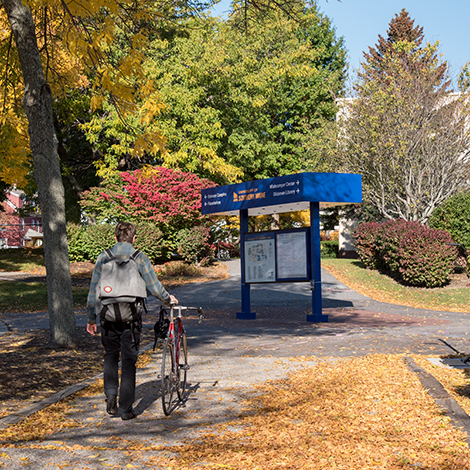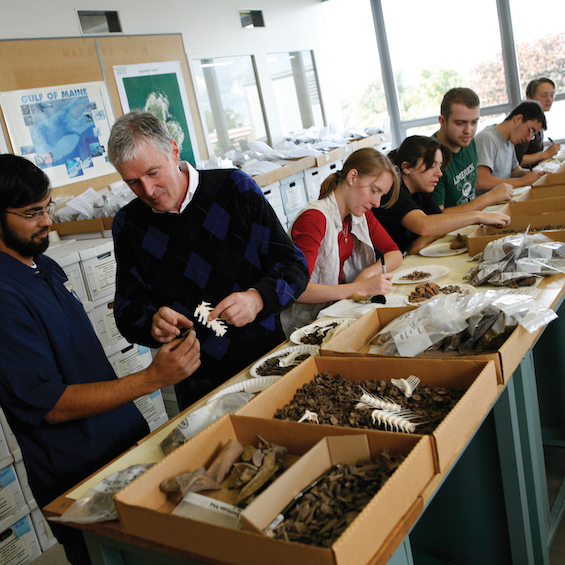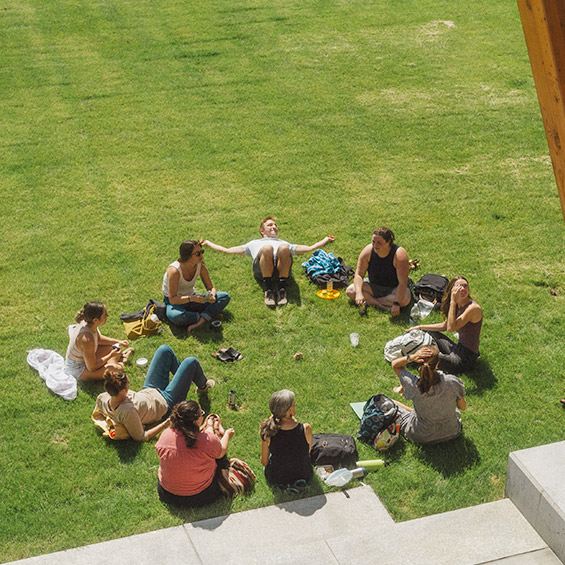Tuition & fees
Costs include tuition, fees, & other costs such as books. New England residents may qualify for a tuition break. See cost details
Financial aid
On average, 92% of enrolled students who file a FAFSA receive an offer. 91% of offers include scholarships, grants, waiver, and/or work-study. Explore aid
Program duration
Typical completion time: 4 years. Flexible options may save time. Explore options
Admissions
SAT & ACT scores optional. Early action & year-round admissions. View application process & deadlines
Program highlights
Fieldwork opportunities
Field education is the backbone of our Geography-Anthropology program. You’ll engage in case studies as well as intensive field and lab research through assistantships and fellowships funded by organizations like the National Science Foundation, Maine Space Grant Consortium, and NASA.
Competitive advantage
Our interdisciplinary approach provides a path forward for students to pursue careers in cultural heritage, physical geography, geographic information systems (GIS), environmental science, cultural anthropology, and archaeology.
Applied GIS & Geospatial Analysis
This track is for students interested in developing skills in GIS, remote sensing and geospatial analysis. You’ll be prepared for roles in construction, engineering, energy, environmental & land use planning, real estate development, and surveying.
Cultural & Natural Heritage Management
This track is for students seeking roles involving the conservation, management, and sustainable development of archaeological, cultural, urban, rural and environmental resources. Graduates are prepared for consulting, planning and policy, archival work, and more.
Sustainable Cultures & Communities
This track is for students interested in developing skills for roles involving community and sustainable development, non-profit work, intercultural development work, and city and regional planning. You’ll graduate ready to make an immediate impact on your community.
Actively engaged faculty
Our widely published faculty cover a diverse range of subjects and expertise, including indigenous communities in North America; forensic anthropology; and Wabanaki culture, history, and resilience.
Scholarship opportunities
Scholarships offer valuable financial aid that doesn’t need to be repaid. You’ll be automatically considered for Merit Scholarships when you apply for admission by the deadline. Additional opportunities are available.
Considering transferring to USM?
We welcome students who are transferring from another four-year university or community college. Our knowledgeable Admissions Counselors will help you to navigate the admissions and credit-transfer process.
Do you live in New England?
You may be eligible for a reduced tuition rate, as part of the NEBHE Tuition Break Program.
Looking ahead to graduate school?
Our Accelerated Graduate Pathways to our Policy, Planning, and Management master’s program and to the University of Maine School of Law can save you time and money in earning your graduate degree.
State-of-the-art facilities
Put theory-to-practice in one of our three archaeology laboratories or three Geographic Information Systems (GIS) laboratories. You’ll also have access to the extensive and remarkable map collections of the Osher Map Library and Smith Center for Cartographic Education.
Student-run organization
Join the Geography-Anthropology Student Association (GASA) to further expand your academic and professional experiences, attend annual meetings and conferences, and plan activities for the public.
Our helpful admissions counselors are here to answer your questions about the admissions process, our academic programs, and student support services. We also invite you to explore the many ways to visit campus or to engage with us through online experiences.


